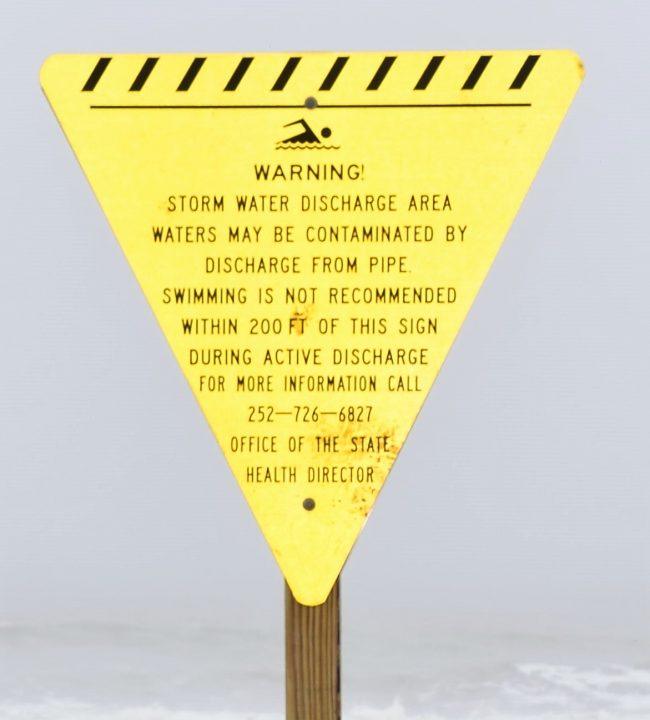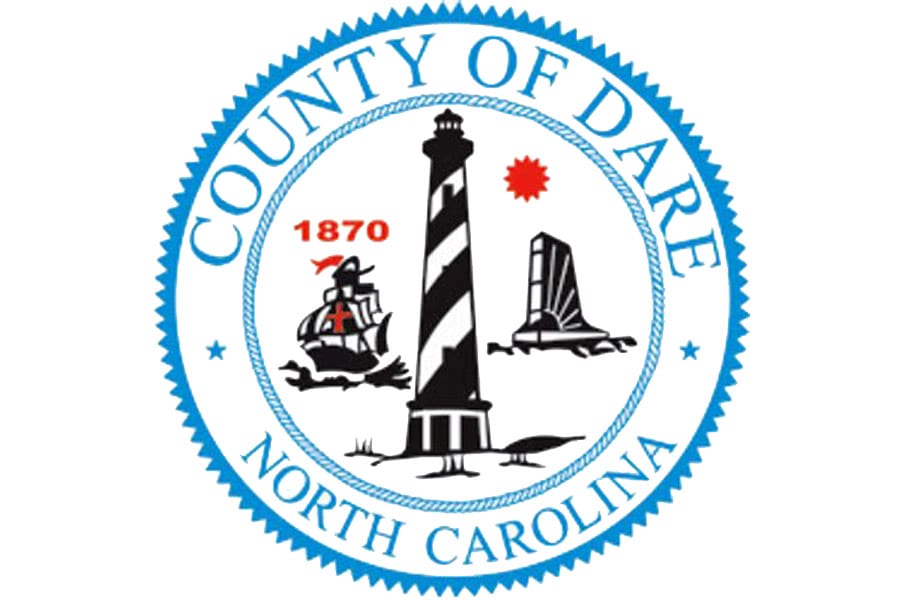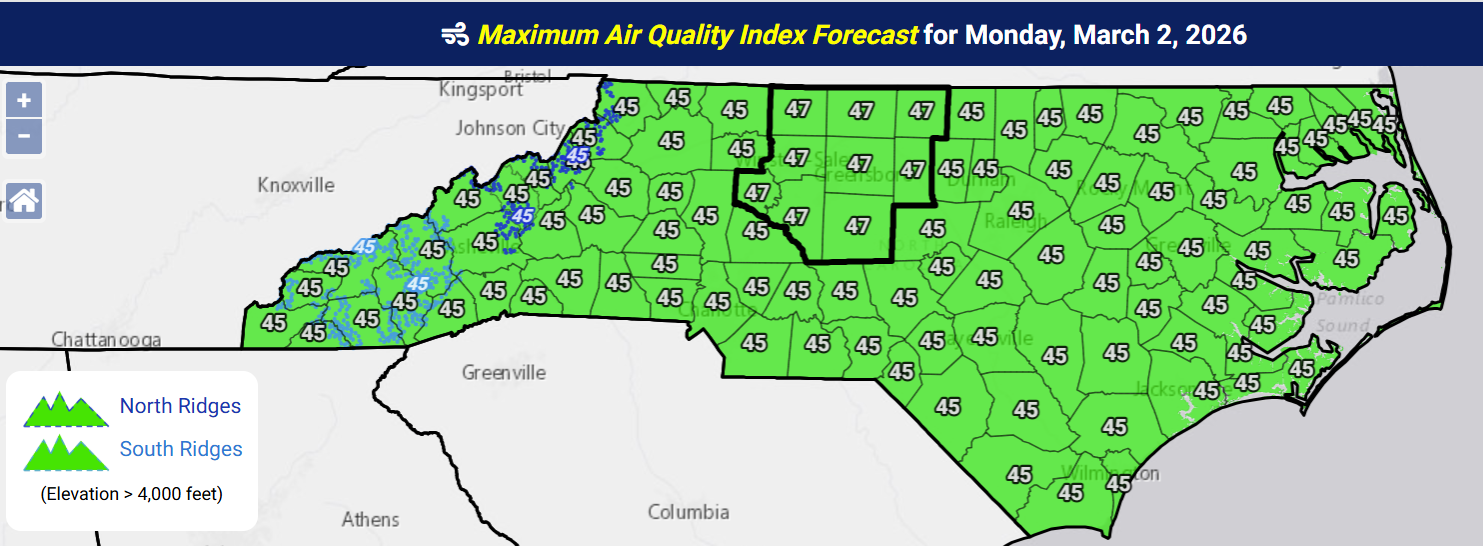
Updated Friday.
State recreational water quality officials announced Friday that the precautionary advisory against swimming in all coastal waters issued Aug. 31 because of Tropical Storm Idalia has been lifted.
Supporter Spotlight
The precautionary advisory is lifted for soundside swimming sites along the Neuse River in Craven and Pamlico counties. Test results of water samples taken from these waters show bacterial levels that meet the state’s and Environmental Protection Agency’s safe swimming standards.
Three sites remain under advisory because of bacterial testing. Swimming advisories were issued Aug. 22 at the public access to Bogue Sound at 16th Street in Morehead City, July 9 at Jockey’s Ridge soundside access on July 9, and Thursday at Sandy Bay soundside access in Frisco.
Updated Thursday.
State officials have lifted the precautionary advisory against swimming issued for most ocean and sound waters soon after Tropical Storm Idalia passed the North Carolina coast, but a few areas remain under advisory.
Officials with the Recreational Water Quality Program said Wednesday that the precautionary advisory was generally lifted for swimming sites in Brunswick, New Hanover, Pender, Onslow, Carteret, Dare and Hyde counties.
Supporter Spotlight
They said test results of water samples taken from these waters show bacterial levels that meet the state’s and Environmental Protection Agency’s safe swimming standards. However, as of Thursday, the precautionary advisory against swimming remained in effect for the Neuse River in Pamlico and Craven counties.
In addition to the two swimming sites in Carteret and Dare counties that remained under advisories Wednesday, officials added another site in Dare County. Advisories remain in effect for the following sites:
- A swimming advisory issued Aug. 22 at the public access to Bogue Sound at 16th Street in Morehead City.
- A swimming advisory issued on July 9 at Jockey’s Ridge soundside access.
- A swimming advisory was issued Thursday at Sandy Bay soundside access in Frisco.
Recreational water quality officials are to continue to test these areas and will notify the public when water samples collected meet the state’s and EPA’s safe swimming standards.
State officials will test these sites again Wednesday, and the results of the sampling will dictate further action. If the new samples also show elevated bacteria counts, state officials will post a swimming advisory sign and issue a swimming advisory.
The precautionary advisory was issued Aug. 31 after Tropical Storm Idalia dumped heavy rains and causing flooding, both of which can elevate bacteria levels in the water that can make people sick. Floodwaters and storm water runoff can contain pollutants such as waste from septic systems, sewer line breaks, pet waste, wildlife, petroleum products and other chemicals, officials said.
Officials said that coastal recreational waters in North Carolina are generally clean, but added that it is important to continue monitoring them and inform the public of any localized problems.
The N.C. Recreational Water Quality Program samples 215 sites in coastal waters of the state, most of them on a weekly basis from April through October.







